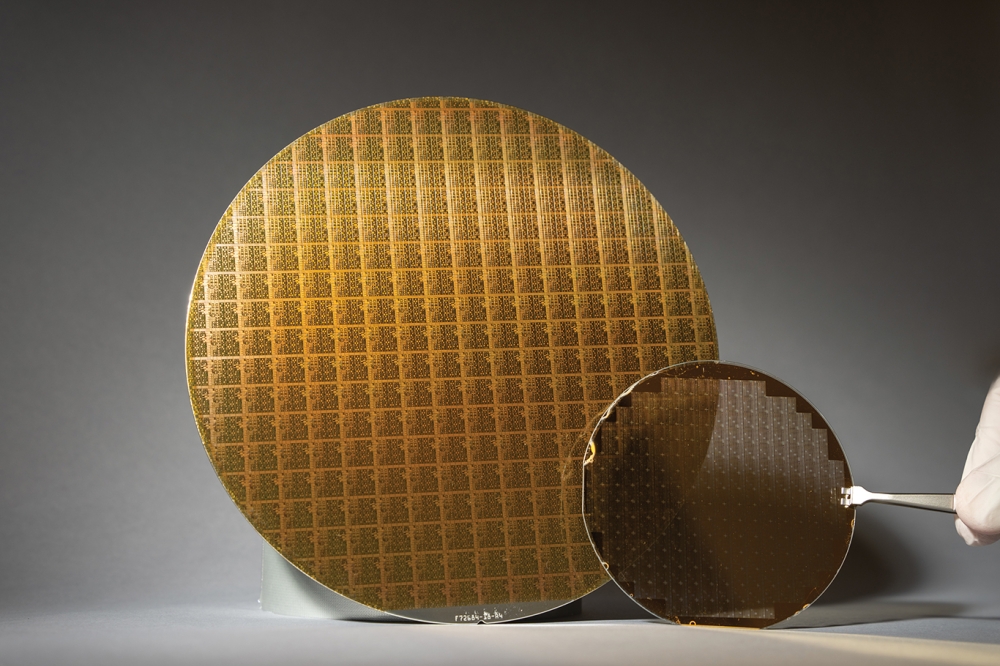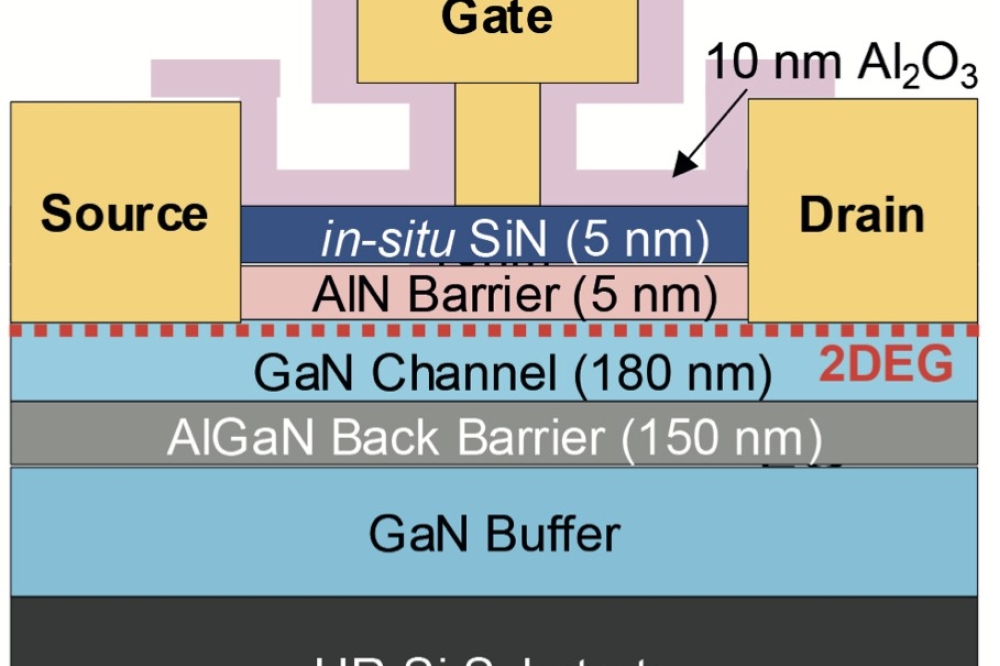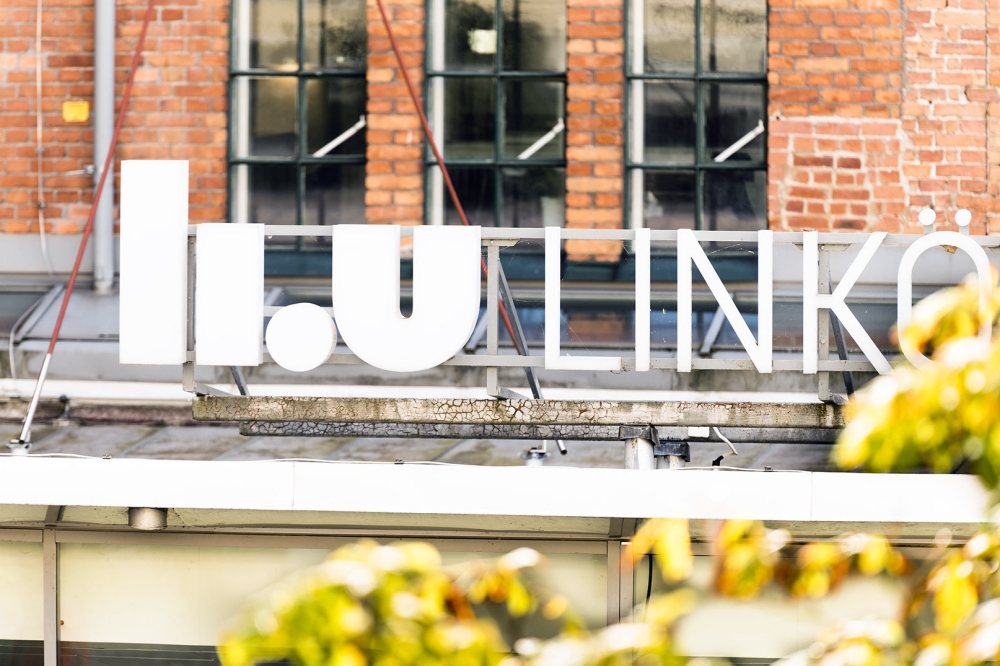Leti presents first results in LED pixelisation

Leti, a research institute of CEA Tech, has developed a µLED fabrication process to create high-resolution arrays at 10-micron pitch. The pixelisation and 873 x 500 resolution enabled by the new process are believed to exceed state-of-the-art technology.
Designed for micro-display applications such as augmented-reality or virtual-reality tools and wearable devices, the blue or green GaN/InGaN µLED arrays use Leti's proprietary self-aligned technology, which researchers say is key to achieving such a small pixel pitch.
A combination of several damascene metallisation steps used to create a common cathode are expected to provide good thermal dissipation and prevent voltage drops within the micro-LED matrix. Electro-optical measurements demonstrate record efficiency and brightness that exceed requirements for device integration, according to Leti.
"Leti's self-aligned process allows the creation of high-resolution µLED matrices with a reduced pixel pitch of 10 µm and paves the way towards even smaller pitches for next-generation devices," said Ludovic Dupré, one of the paper's authors.
He added: "In addition, the use of the damascene metallisation process of the cathode, which also is a new process developed at Leti, is a breakthrough compared to previous demonstrations of micro-LED matrices. The common cathode indeed fills the whole volume between the micro-LEDs and provides metallic spreading of electrical current between them, as well as thermal dissipation.
"These results are promising for integrating a micro-LED matrix in micro-display devices by hybridisation on CMOS active matrices, and first prototypes are currently being tested."
The results were presented Feb. 2 at SPIE Photonics West in San Francisco in a paper: 'Processing and Characterization of High-Resolution GaN/InGaN LED Arrays at 10-Micron Pitch for Micro-Display Applications'.


































